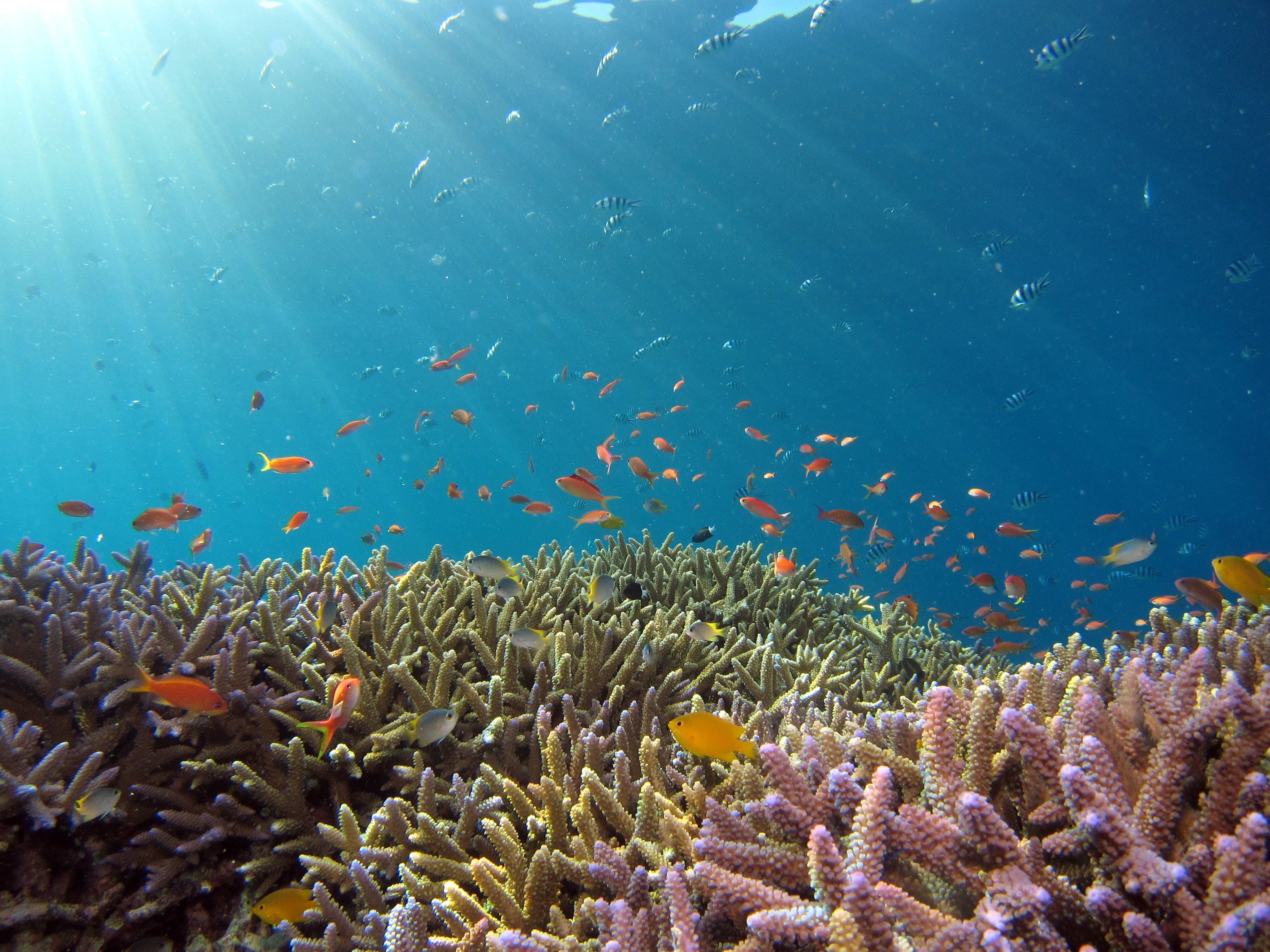News release
From:
Alarming new research shows global warming of 1.5°C above pre-industrial levels will be catastrophic for almost all coral reefs – including those once thought of as refuges.
Associate Professor Scott Heron from James Cook University was part of the study. He said the team of scientists used the latest generation of climate model projections to predict future thermal exposure of shallow-water coral reefs around the globe.
“We identified thermal refuges – places where it’s thought coral reefs have a good chance of surviving warming oceans due to things like consistent upwelling of cool deep waters,” said Dr Heron.
He said the scientists found that the refuges will provide almost no escape.
Only 0.2%, or one fifth of one percent, of coral reefs globally are projected to avoid frequent bleaching-level heat stress under a 1.5°C climate warming scenario.
“This means corals worldwide are at even greater risk from climate change than previously thought, especially as limiting warming to 1.5°C is looking increasingly unlikely,” said Dr Heron.
He said coral recovery following extensive thermal stress-induced mortality depends on local conditions, but science indicates it requires at least 10 years for coral communities to re-establish ecosystem functions.
“Most coral reefs won’t have time to recover between bleaching events,” said Dr Heron.
Though small in number, there are some reef locations that may persist due to other factors.
“In addition to locations where heat exposure events will be less frequent, like in French Polynesia and southern Indonesia, there are other ‘hope sites’ that have high variability in temperatures. Corals in these locations, such as the Eastern Pacific, may be better able to cope with temperature extremes,” said Adele Dixon, lead author of the study from the University of Leeds in the United Kingdom.
Dr Heron added that the scientists wanted to highlight that climate change effects are already impacting ecosystems in many areas of the world and will worsen, even at the 1.5°C of global warming set as a target in international agreements. This includes potential impacts of heat stress this year on the Great Barrier Reef and off Western Australia.
“This analysis confirms that significant action on greenhouse gas emissions is urgent and needed this decade. We also need to ramp up local actions to help reefs survive through already predicted impacts.
“Promoting reef resilience, adaptation to higher temperatures and facilitating migration will be vital strategies to secure their survival,” said Dr Heron.
Images available here. Please credit Maria Beger. Images are available for use with this press release and subsequent media only and are not for re-use or archiving.



 Australia; Pacific; QLD
Australia; Pacific; QLD



